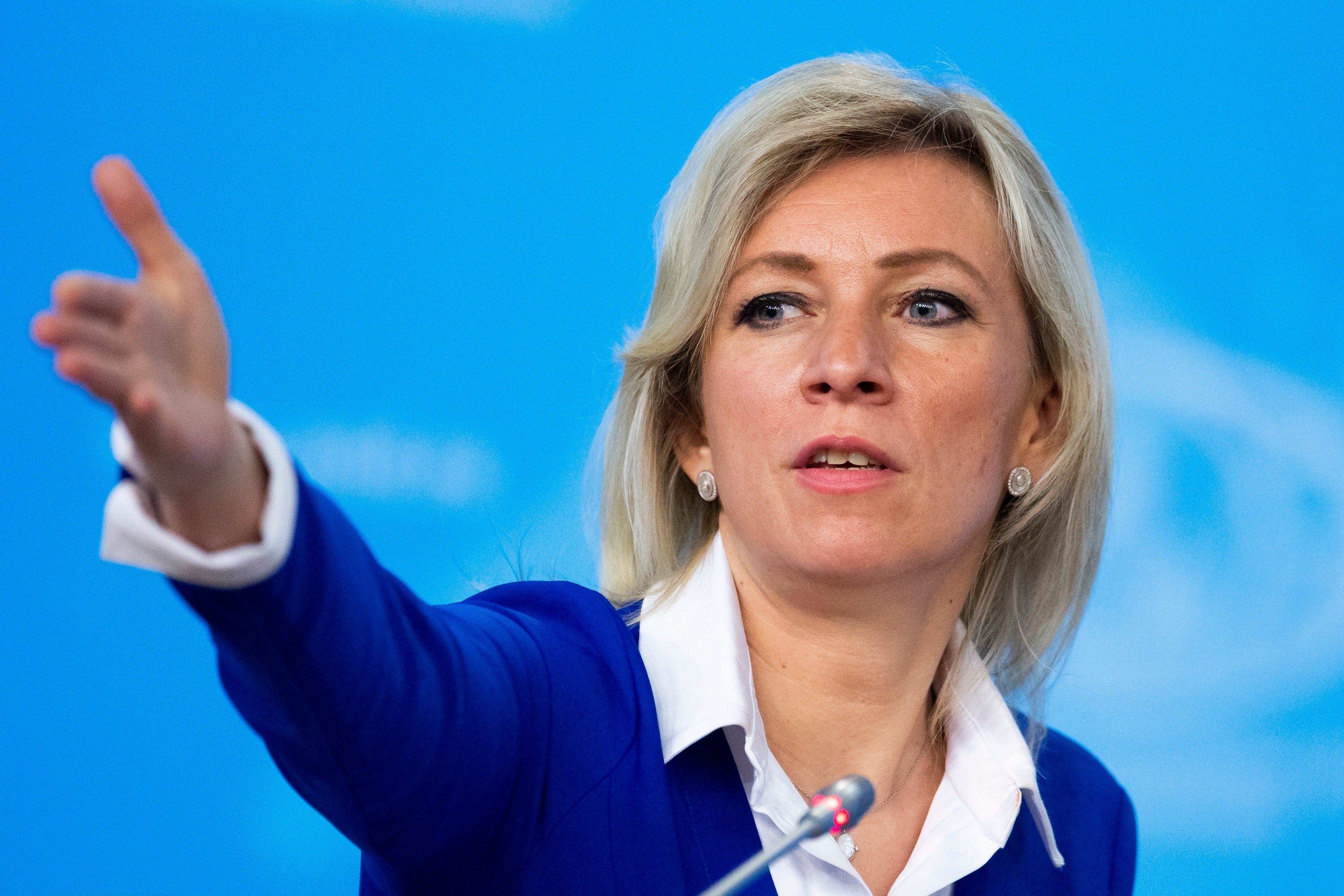Russia says Turkey warned in advance about Syria flights ban
Russia says that Turkey gave it advance notice before moving to bar Russian planes from flying to Syria over its territory

Your support helps us to tell the story
From reproductive rights to climate change to Big Tech, The Independent is on the ground when the story is developing. Whether it's investigating the financials of Elon Musk's pro-Trump PAC or producing our latest documentary, 'The A Word', which shines a light on the American women fighting for reproductive rights, we know how important it is to parse out the facts from the messaging.
At such a critical moment in US history, we need reporters on the ground. Your donation allows us to keep sending journalists to speak to both sides of the story.
The Independent is trusted by Americans across the entire political spectrum. And unlike many other quality news outlets, we choose not to lock Americans out of our reporting and analysis with paywalls. We believe quality journalism should be available to everyone, paid for by those who can afford it.
Your support makes all the difference.Turkey had warned Russia in advance before moving to bar Russian planes from flying to Syria over its territory, the Russian Foreign Ministry said Thursday.
The ministry's spokeswoman, Maria Zakharova, said that Turkey had asked Russia more than a month ago not to send Syria-bound planes over its territory.
She added that “the reasons for that were clear to us and the Russian side isn't using that route.”
Zakharova made the comments at a briefing when asked about the Turkey's announcement over the weekend that it had halted Russian flights to Turkey over its territory from the start of this month.
Her remarks follow a statement by Turkish Foreign Minister Mevlut Cavusoglu, who said over the weekend that he asked Moscow to stop using the airspace during a visit there in March, and that Moscow agreed to the Turkish request.
Russia and Turkey have backed the opposite sides in Syria's civil war, with Moscow joining efforts with Tehran to shore up President Bashar Assad's government, and Turkey backing the opposition.
Despite the sharp differences, Moscow and Ankara worked together to negotiate a series of cease-fires in northern Syria.
Russia has used a shortcut through Turkish airspace to send warplanes to its base in Syria where they have been deployed since 2015 and fly cargo planes with supplies for troops stationed there.
The Turkish ban would now force Russian planes to take a longer route via Iran and Iraq, forcing them to take more fuel and reduce the payload. The Russian planes already used that path during a period of high tensions with Turkey sparked by the 2015 downing of a Russian warplane by Turkish fighter jets on the border with Syria.
Tensions later abated after Russian President Vladimir Putin and Turkish President Recep Tayyip Erdogan held a series of talks to negotiate compromises on Syria and other issues.
It wasn't clear if the latest Turkish ban on Russian flights to Syria was aimed to hinder the possible transfer of Syrian fighters to Ukraine. Russian officials have said that some Syrians have volunteered to join the Russian troops in Ukraine.
Some observers said that the Turkish move reflected the weakening of Russia's positions as its troops have been bogged down in military action in Ukraine.
NATO-member Turkey has been trying to balance its close relations with Moscow and Kyiv and has positioned itself as a mediator between the two, hosting a round of talks last month between Russian and Ukrainian negotiators. It hasn't joined international sanctions against Russia, but has closed the straits at the entrance of the Black Sea to some Russian warships.